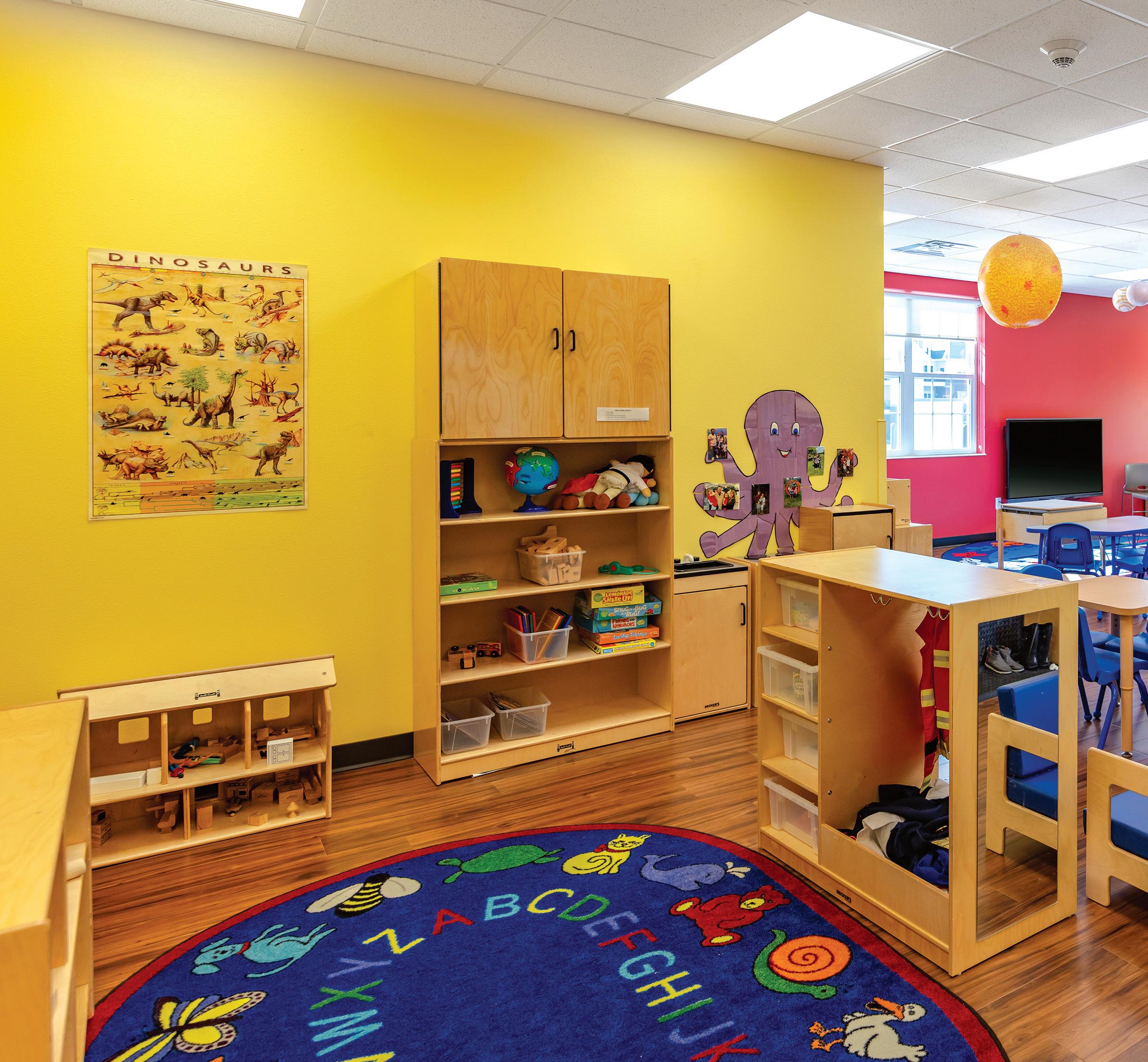
4 minute read
Don’t Throw it All Away
BY KYLE JACOBSON
What would it take to get you to start composting at home? Having your own garden? Your own yard? Or perhaps you already compost but struggle to use what you and your family produce. You might have even once composted but stopped when the rats and mice showed up for mixed-species housing. Finding a way to compost at home doesn’t need to be a major inconvenience or even something you need a yard for.
Advertisement
Curbside Composter is one of a handful of compost services available in the Greater Madison area that will manage your food waste. For about a dollar a day, you get a bucket, liner, and weekly pickup. In the case of Curbside, your food waste is then used as part of a compost recipe to help local farms improve their soil quality.
After talking to Curbside Composter owner Derek Fry, certified compost aficionado, it became clear that there is no one-size-fits-all solution for composting at home, though every solution shares the same objective: get food waste out of landfills. “I want as many to compost as possible,” says Derek. “I don’t care that I have competition. I want them to harness more food waste if they can. It’s great.”

Curbside Composter does compost pick up at some churches for free, schools for free, pantries at half price, and for barter at restaurants and businesses. Worms are donated to schools when they have vermicomposting systems. Derek has no employees and works seven days a week, including holidays. He also uses a public Kiva loan page to give out loans all over the world.
Before getting too deep into the conversation, a refresher from Derek on what exactly composting is. “Composting is just the natural breakdown of organic matter. You can assist in it by creating a better environment for these thermophilic bacteria.” He also mentions bokashi, meaning fermented organic matter, which is a type of composting that involves an anaerobic process in which oxygen is isolated as much as possible. Though we won’t get into specifics here, bokashi composting is very distinct from traditional methods and can be done in much smaller spaces due to the airtight bin being the only equipment needed.

To effectively compost in your yard, Derek says you need a four by four by four pile. “That’s the minimum-sized pile to achieve thermophilic activity, and in order to continue that, you have to turn it at least once a month. A lot of people don’t do that in their backyard. They just throw food waste in there and let it sit. “Getting it out into the country is, in my opinion, the best. I’ve tried, most recently in my yard, just the weeds mixed with coffee grounds. Even then, the heat from that over the winter attracts mice to the bin to live there.”
That isn’t to say some of you might not have it figured out for your home, but even those with an efficient operation at home might want to consider something like worm castings. The great thing about this method is the quality of compost you get, which Derek calls high-dollar stuff. It starts with a bin, then you add your food waste (sans meat and cheese) as well as some newspaper to a tray. You then add trays as necessary, and the worms will move through it.
So what do you do with that compost? As mentioned, those with gardens in their yard have a pretty straightforward answer. Those in apartments might be able to start a windowsill garden with herbs or even vegetables and, if
they’re fortunate enough to have a deck or patio, can use grow bags in areas that get some sunlight to have a tomato plant or small vegetable garden.
It’s also worth noting that the Greater Madison area has free drop off sites for your compost. These might not be the most convenient way to go for everyone, but they’re certainly a viable option. There’s not a simple website you can go to, but searching “compost drop off Madison” should provide some results.
However, if you care to know where your compost is going, then using the services of an outfit like Curbside Composter makes a lot of sense. Local farmlands are always on the hunt for new ways to enrich their soil, and they don’t always know the best way to do it.
Derek recalls one farmer who told him he was spinning woodchips into black gold. “He had these mounds of woodchips sitting oh his land. I called him up and I said, ‘What are you doing with all these woodchips?’ “I know that if you just add carbon to the soil, it’s going to suck up all the nitrogen that exists in that soil and change it. You’re not going to have good production there.”
The education component to composting is as important as actually composting. Without it, it’s hard to convince anyone to change. Composting should be as habitual as recycling, and with services out their making compost properly and using it right away, the benefits are darn near instant.
Kyle Jacobson is lead writer and senior copy editor for Home Elements & Concepts.
Photographs provided by Curbside Composter.
Curbside Composter
Madison, WI 608.338.4798 curbsidecomposter.com








